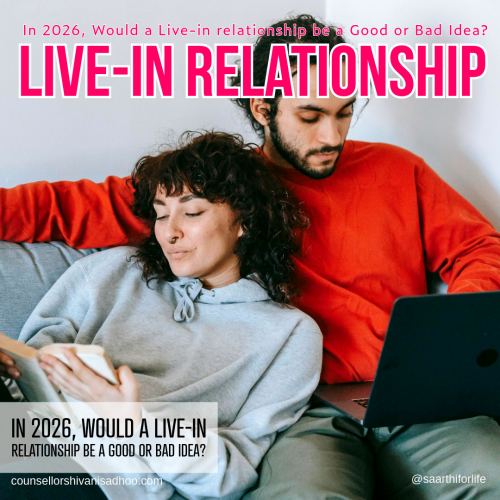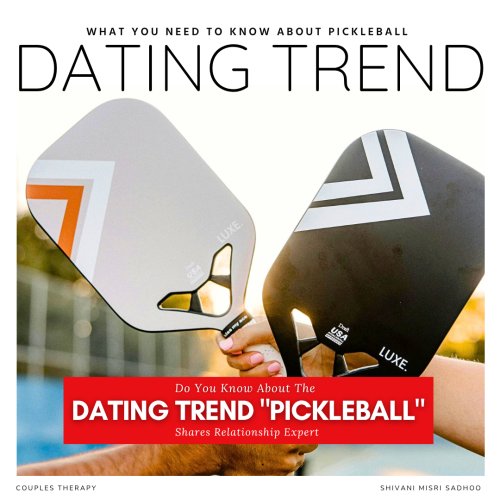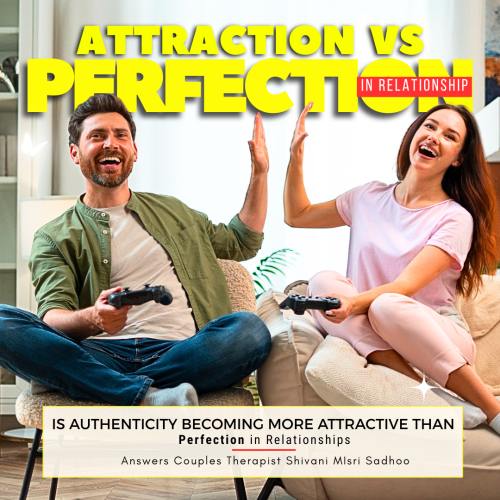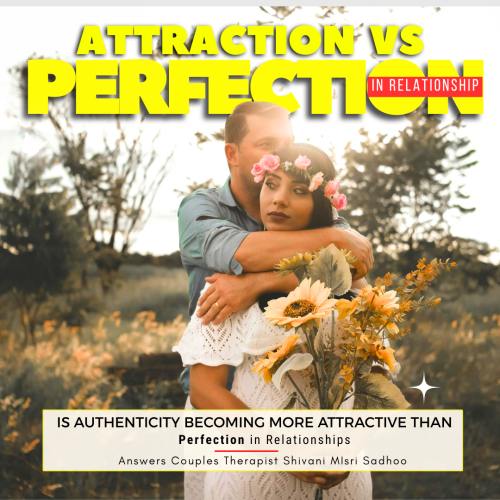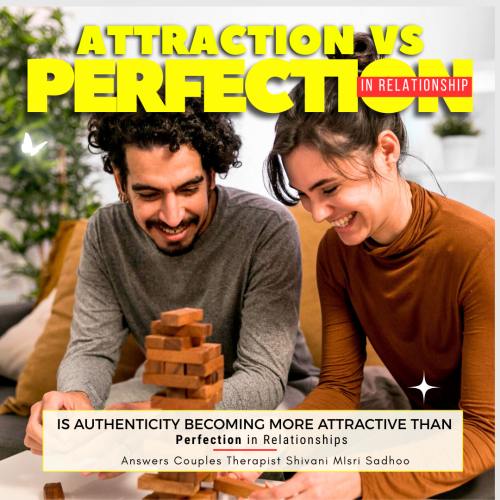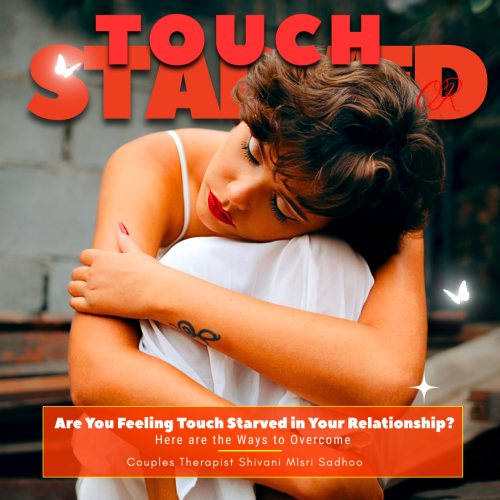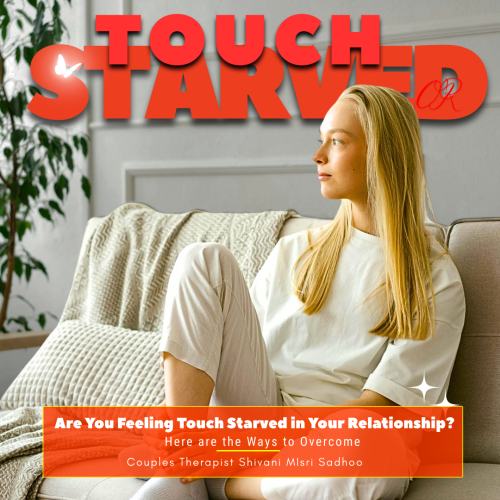Love, faith, and communication are the perfect recipe for a healthy relationship. Yet we live in an era where touchscreens often speak louder than our voices, and notifications interrupt moments that once belonged solely to each other. Couples today are constantly busy—physically present but emotionally elsewhere—scrolling through lives instead of truly living their own. In this climate of distraction and constant movement, relationships are expected to adapt, bend, and survive at a faster pace than ever before.
As priorities shift and independence becomes more valued, commitment itself begins to take on a different meaning. The idea of lifelong promises can feel overwhelming in a world that celebrates flexibility and personal freedom.
Many people now seek companionship without the perceived weight of traditional expectations, believing that emotional connection does not always need formal labels to be real or meaningful. Gradually, this mindset has opened the door to alternatives where love is tested in shared spaces, daily routines, and mutual understanding—without immediately stepping into the institution of marriage.
Shivani Misri Sadhoo, who is a leading couples therapist and marriage counsellor in Delhi, shares her thoughts on whether a Live-in relationship would be good or bad in 2026 in this article.
What is a Live-in Relationship?
So, by now we all know what a live-in relationship is. It is an arrangement where a couple in love decides to live together without the social or legal sanction of marriage, yet remains equally responsible toward each other.
Pros of Live-in Relationship
1. Freedom Remains Intact
One of the things that happens when you are married is that you seem to lose some freedom, because your individual choices inevitably start affecting your partner. You cannot simply say no to your partner’s relatives’ wedding even if you do not wish to attend, or you may have to cancel a weekend trip so that your in-laws can spend time with both of you.
There are many ‘ifs’ and ‘buts’ you cannot ignore once you are married. In a live-in relationship, however, this freedom largely remains intact—choices are still personal, boundaries are more flexible, and compromises are made out of willingness rather than obligation, allowing both partners to retain a stronger sense of individuality. In fact, one does not have to legally separate like a divorce; they can simply part with each other amicably whenever they want to.
2. Compatibility Testing
One of the key factors of a healthy relationship is being truly compatible with each other, and a live-in relationship makes that easier to test. Living together allows partners to see the real person behind the smiles and polite gestures of dating.
When you share the same space, use the same kitchen, spend more time with each other, you get to know each other’s daily routine, mood swings, and quirks– things that aren’t visible during brief dates. Couples often put on their best behaviour during these short meetups, which makes it hard to see the real person.
3. Enhanced Communication
When couples choose a live-in relationship, their communication often naturally improves. Sharing a living space requires them to navigate daily routines, responsibilities, and conflicts together, which encourages clearer expression of needs and feelings. This constant interaction helps partners develop better conflict resolution skills and fosters healthier, more effective communication patterns within the relationship.
4. Saves Money
This is perhaps one of the most practical benefits of a live-in relationship. Couples can share their rent, bills, and other household expenses in a live-in relationship.

Cons of Live-in Relationship
1. Legal Problem
Without a clear legal or societal framework, live-in relationships can create uncertainty about commitment, future plans, and personal boundaries. This lack of clarity may trigger insecurity, anxiety, and misunderstandings between partners, making communication more challenging and leaving individuals unsure about their rights, responsibilities, and the relationship’s long-term stability.
2. Societal Factor
Society may not approve of such relationships. This further leads to emotional stress.
3. No Commitment
Lack of commitment is a major drawback of live-in relationships, as partners may avoid long-term responsibility. Without clear promises, emotional security often suffers, making the bond feel temporary. This uncertainty can lead to trust issues, unequal effort, and hesitation about future plans, leaving one or both partners feeling unstable inside.
So, is a live-in relationship a good or bad idea in 2026?
Honestly, it depends—not on the trend, but on the people involved.
A live-in relationship can work beautifully when there’s clarity. When both partners are open about what they want, where they’re headed, and what their boundaries are. When independence doesn’t turn into emotional distance. When freedom comes with responsibility. And when love isn’t treated as disposable just because it isn’t legally defined.
But it can fall apart when it’s used to dodge commitment instead of understanding it. When comfort replaces effort. When fear of permanence gets dressed up as “being modern.” And when the emotional work isn’t shared equally, leaving one person giving more, hoping more, and quietly settling for less.
Maybe the issue isn’t live-in relationships at all. Maybe it’s how confused we’ve become about commitment. Somewhere along the way, we started mistaking flexibility for depth, and freedom for bravery. Real commitment—married or not—has never been about paperwork. It’s about intention. It’s about choosing to show up, even after the excitement wears off.
- Love doesn’t demand a specific format. But it does demand sincerity.
- And whether you share a home or take sacred vows, the question stays the same:
- Are you building something meaningful—or just passing time together?
So, ultimately, a live-in relationship in 2026 can be good or bad depending on the couple. It all depends upon the perspective.
It works when there is honesty, clarity, respect, and shared responsibility. Without commitment and communication, it can cause confusion and hurt. Ultimately, meaningful relationships depend on intention, not labels.

